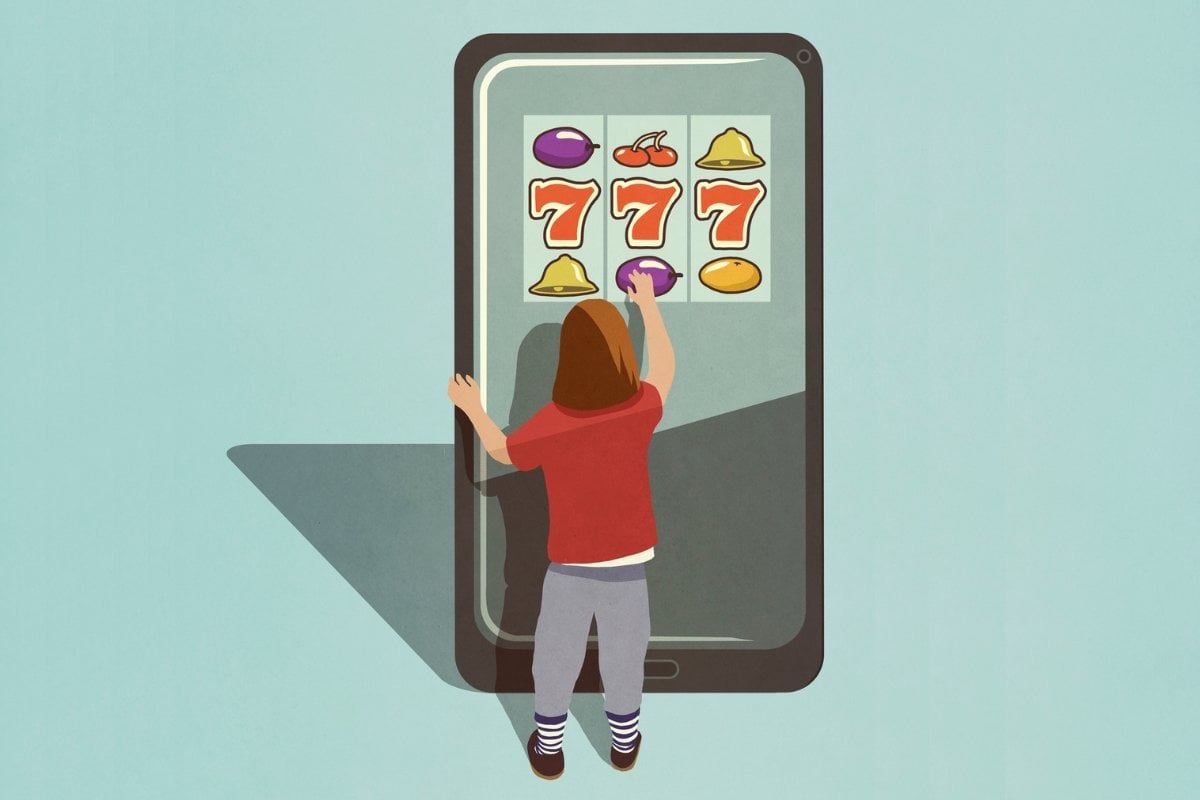

When I was 6, I went to my first professional rugby league game. I watched my brother’s prized Panthers play the mighty Dragons; my footy double firmly clasped in my hand as I prayed that Greg Alexander would score first.
For my 8th birthday, my Nanna gave me a handful of $2 scratchies in a colourful cardboard sleeve with a shiny 20c piece sticky-taped to the front.
I was 10 when I watched the Melbourne Cup at school on the roll-away TV, cheering along with my classmates as I realised I'd won $4 after my dad let me pick a horse.
At 13, I felt panic rise in my chest as I watched a man empty his yellow pay packet onto the counter of my local TAB. And on my way home, I told my dad that I hated how he worked for them.
In the years that followed, Keno became a family favourite every time we went to the local Bowling Club for dinner. Then at 16, I first learnt what it meant to be a gambling addict when I asked my parents why pictures of people were stuck on the inside of the TAB’s terminal booths.
It's easy to see that my young life was constantly surrounded by forms of gambling.
My story isn’t unique. In fact, some would even say that these scenarios reflected what was once an Australian family underpinning of '80s and '90s suburban culture. It was never viewed as a harmful activity, just "something we did". As a kid, I existed alongside gambling and luckily for me, it never followed me into adulthood. In large part, I thank my dad for this. I was exposed to the risks and knew I wanted no part of it.
But unlike me, others do struggle with gambling. They too may have lived alongside gambling, and could have had parents with gambling habits that impacted their upbringing. Back then, such education didn’t exist like it does now.
